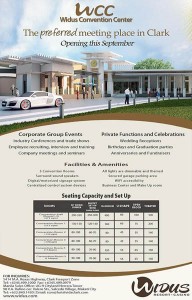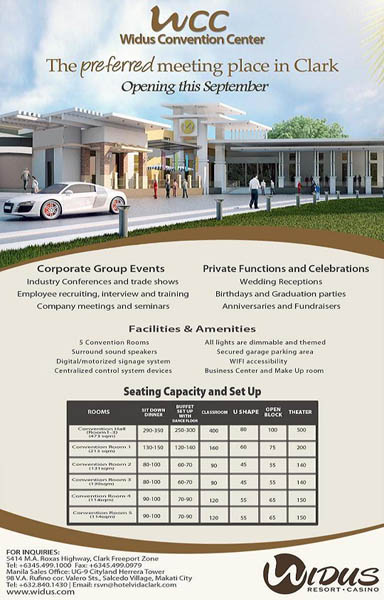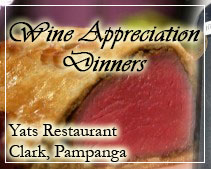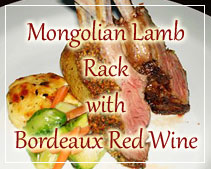Flavor terms
Flavor descriptions are inherently subjectiveβnot surprising, considering how subjective taste can be. Unlike other sensory descriptions that have relatively objective descriptions (loud, soft, furry, scaly), taste (and smell) is often hard to describe.
Flavor terms can be divided into roast related descriptors and descriptors related to the bean variety (though this division is not a standard one). The roast related flavors refer to those characteristics imparted to the bean as a result of the roasting process. Varietal and processing terms refer to those aspects that are inherent in bean, or imparted as a result of the green bean’s pre-roast processing. Roasting can substantially affect the intrinsic flavor and aroma of the bean; roasters will act in order to balance this and to enhance the beans’ inherent profile. One further factor is preparation method; this can drastically change the coffee’s character.
Acidity
Related both to the roast and to variety. This term is akin to the description of acidity in wine, not to acid content. Indeed, retailers may avoid using this term in order to avoid confusion, and rely on terms such as “bright” or “lively.” Acidity is more of a sensation than a taste, and is experienced on the tip of the tongue and/or the roof of the mouth. During roasting, acidity varies in an approximately inverse relation to body or bittersweet aspects; as the degree of roast increases, perceived acidity decreases. Coffees without acidity tend to taste flat, lacking a pleasant palate-cleansing aspect. Acidity can often have wine-like aspects, especially in many Kenyan coffees, or can come across as citrusy. When acidity is extreme, it can feel astringent, as if the moisture has been sucked from your mouth.
Aroma
Related to both roast and variety. Most of our taste perception comes from our sense of smell, so the volatile aromatics emitted from brewed coffee play an important role in its taste. Aroma develops during roasting, but as the roast starts becoming dark, the carbonized sugars become dominant.
Baked or Bready
A roast related term. Baked coffee is flat, with little aroma; typically the result of an insufficiently high roasting temperature over too long a period of time. In other words, if the heat applied to the unroasted coffee is too low, the physical and chemical changes do not occur in a desirable fashion.
Balance
Roast and variety related. The pleasing combination of multiple characteristics, none overpowering.
Body
Roast and variety related. Body is a textural quality, a perception of viscosity or fullness on the tongue; one roaster has likened it using your tongue as a weight scale. Body develops with the degree of roast, falling off sharply with over roasted coffee, but it can also vary by origin. Distinguish between body and the “thickness” imparted by some brewing methods, like coffee from a press, where fine particulates remain suspended, or espresso, which contains emulsified coffee oils. Underextracted coffee will also have a defectively light body.
Bitter
Roast and preparation related. This is not always a defect; up to a point, it can be desirable. Robusta is more bitter than arabica, but mild coffees can become bitter if over roasted or over extracted during brewing.
Bittersweet
Roast related term. Often mischaracterized as “strong,” the bittersweet aspect is created by the caramelization of sugars in the bean. The longer the coffee is roasted, the greater the caramelization, until at last the sugars are completely burned, giving the coffee a taste akin to charcoal (see next entry).
Burnt
When very mild, this aspect may be desirable for cutting through drinks containing a lot of milk and/or sugar, though there are those who like it in a straight cup. When overdeveloped, it is the flat taste of charcoal; this taste can be overwhelming.
Clean
Clean-tasting coffees are free of defects or undesirable distractions.
Complexity:
Complexity simply means that the cup has many elements–aromas, textures, and tastes–apparent at once, or in succession. Since it is rare to fnd all of the desirable elements in a single origin, roasters often roast different coffees to achieve a varied profile.
Earthy, or Natural
Within limits, this can be a pleasant note, but more commonly a defect in which the brewed coffee has an aftertaste akin to freshly turned soil. Commonly relates to poor processing, one way this defect can occur is when the beans absorb flavor from the dirt on which they were spread to dry. In more muted degrees, this quality can add interesting notes to a coffee.
Flat
Lacking in taste or aroma; low in acidity. Often occurs when the coffee goes stale.
Grassy
Processing related. The aroma and taste of hay, or a newly mown lawn. This can result from prematurely picked cherries.
Musty
Moldy, mildewy ; often the result of some improper storage conditions. Improper aging also can cause mustiness, while proper aging can contribute a desirable flavoring aspect (see Section 2.1.7)
Rioy (REE-oh-ee)
A harsh, medicinal quality, the term derives from a reference to low quality coffees from Brazil (i.e., Rio De Janiero). See also here.
Sour
Unpleasantly acrid or sour, as if contaminated by vinegar. This taste can occur in low-growing, unwashed coffees, but commonly occurs in under roasted coffees, or even properly roasted beans that were then brewed with water that was too cool.
Source: http://www.thecoffeefaq.com/2coffeebeans.html#flavorterms
Residents or Manila travel out of town to head north to Pampanga to relax, unwind and spend a few nights in the new hotel rooms situated right on the lake of Clearwater Resort in Clark Airbase. Many visitors and tourists enjoy the feeling of waking up by the lake. The sunrise produces a spectacular sight with the sunlight reflection on the calm surface of the three-hectare fresh water lake of this famous resort in Clark.
The safest getaway destination vacation spot near Manila convenient safe and accessible is Clearwater Beach Resort in Clark Pampanga, great for family bonding, hang out to unwind and relax near lake and trees, camping too.
When in Clark, make plans to relax and enjoy an evening at The London Pub located in Mimosa Leisure Estate of Clark Freeport Zone. This is where all the local executives, local and foreign tourists gather after a full day of fun or work.
This web site contains articles and information that will be helpful to visitors, residents and tourists traveling out of town from Manila on a short getaway to Subic, Angeles City, Pampanga and Clark Philippines. There are several web sites that contain information that might also be pertinent to what is happening in North Luzon.
For assistance with organizing and planning weddings and garden receptions, log on to http://www.PhilippinesWeddingVenue.com
For assistance with lodgings, accommodations, hotels and resorts near Manila in Subic, Pampanga, Angels City and Clark Philippines log on to http://www.HotelClarkPhilippines.com
While in Clark, one might as well add to the itinerary a visit to the famous Clark Wine Center, the largest wine shop in Philippines which offers over 2000 selections of fine vintage wine from all wine regions, vintages spanning over 50 years covering all price ranges.
http://www.ClarkWineCenter.com
If this article about Clark is useful to you, please click here to contact us to tell us what more you wish to know about this article or Clark Philippines, which can be something about Clark investment, about Clark resorts, about Clark Swimming and Leisure or simply general news about Clark.
Please send questions to Editor@ClarkPhilippines.com. Leave your name, email address, contact numbers and we will get back to you as soon as possible. Information received will not be disclosed.













